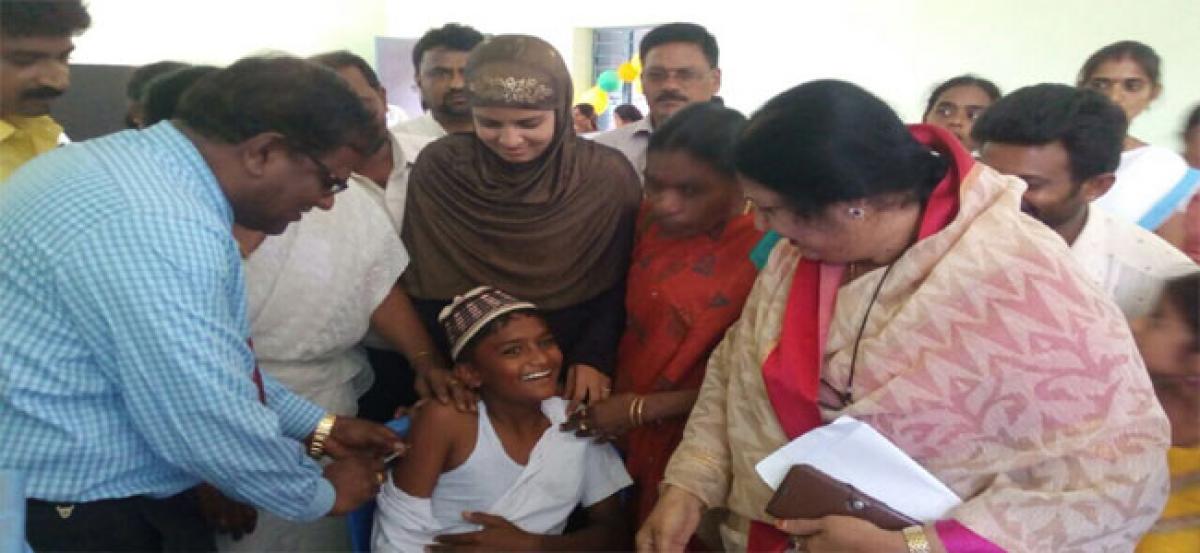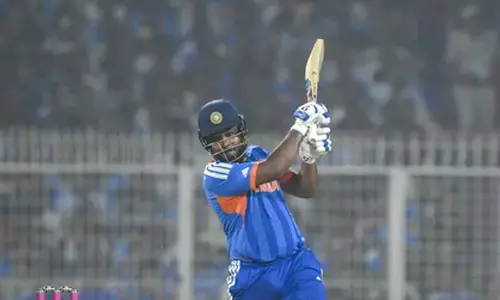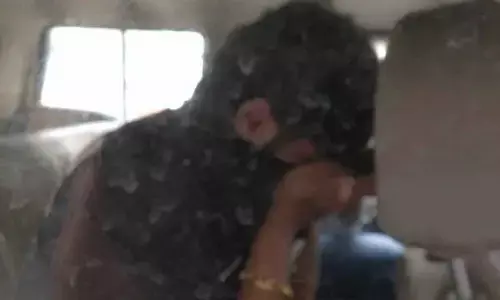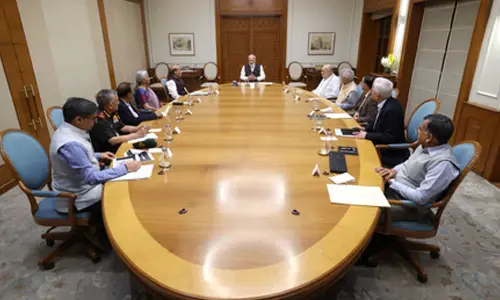District aims to reach 10 lakh kids

The state government has unleashed a prevention crusade against Measles-Rubella (MR) diseases by embarking on a month-long vaccination campaign beginning from August 1 to September 8 to reach out to the last boy and girl from 0-15 years of age. The medical and health personnel have all been galvanised to vaccinate 50,000 children every day on a mission mode. As many as 5,000 schools both governmen
Anantapur: The state government has unleashed a prevention crusade against Measles-Rubella (MR) diseases by embarking on a month-long vaccination campaign beginning from August 1 to September 8 to reach out to the last boy and girl from 0-15 years of age. The medical and health personnel have all been galvanised to vaccinate 50,000 children every day on a mission mode. As many as 5,000 schools both government and private have been targeted to vaccinate 10 lakh children in 30 days.
Highlights:
- The month-long vaccine drive launched on Aug 1 will conclude on Sep 8
- Baby affected with Rubella will suffer from CRS resulting hearing loss, eye and heart problems: Dr Venkata Ramana
Speaking to The Hans India amidst hectic vaccination campaign schedule, District Medical and Health Officer (DMHO) Dr Venkata Ramana says that the campaign is aimed at creating massive awareness against prevention of the virus rather than wasting energies, time and resources on battling with it.
Speaking on several aspects of its symptoms and treatment, Dr Ramana explains that a baby born affected by Rubella will suffer from Congenital Rubella Syndrome (CRS). Many will have hearing loss, cataracts, other eye and heart problems that require significant hospital treatment and will affect the child throughout their life. A baby’s brain can also be affected.
He maintained that the CRS is affecting the baby and the extent of the birth impairments it causes depends on how early in the pregnancy the mother is infected. The CRS is more likely to suffer thyroid conditions, some eye conditions and even diabetes at an earlier age.
Some people have no symptoms at all and so are unaware that they may be infectious and may be passing on the disease. Rubella was first described as a separate disease from Measles by scientists in Germany, hence its alternative name-German Measles.
The virus replicates in the lymph nodes and the nasopharynx (the tube connecting the nasal cavity and the soft palate). An individual with Rubella is contagious for 1 week before the rash arrives and for 1 week after. Between 5 and 7 days after infection, the virus can be found in the blood as it spreads throughout the body.
The DMHO says Rubella virus can pass through the placenta and has teratogenic (mutation-causing) properties. The virus can destroy cells, or prevent them from dividing - this causes CRS. Rubella is very serious if a pregnant woman catches it in the early stages of her pregnancy because it can profoundly damage the development of her unborn child. It can result in deaf blindness or raise the possibility of a termination.
Ensuring that children are routinely vaccinated helps to protect pregnant women and their babies. Rubella known as 'little red' is viral and predominantly transmitted by coughs and can pass across the placenta and affect the fetus and roughly half of Rubella cases present very few symptoms. The predominant symptom of Rubella is a rash, but other symptoms include a running nose, headache and fever. Diagnosis can be made by testing blood or saliva samples.
There are no medications that shorten the Rubella infection and the only way is prevention. The campaign assumes significance in the light of the dreaded nature of the disease. The 12 days of campaign completed so far saw vaccination of more than 4 lakh children.









